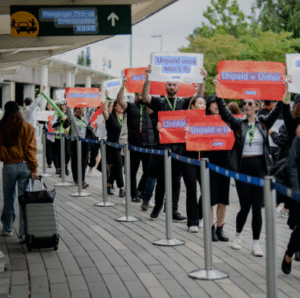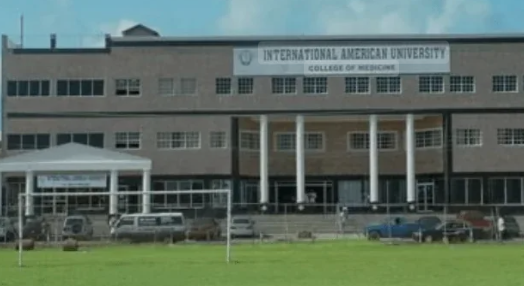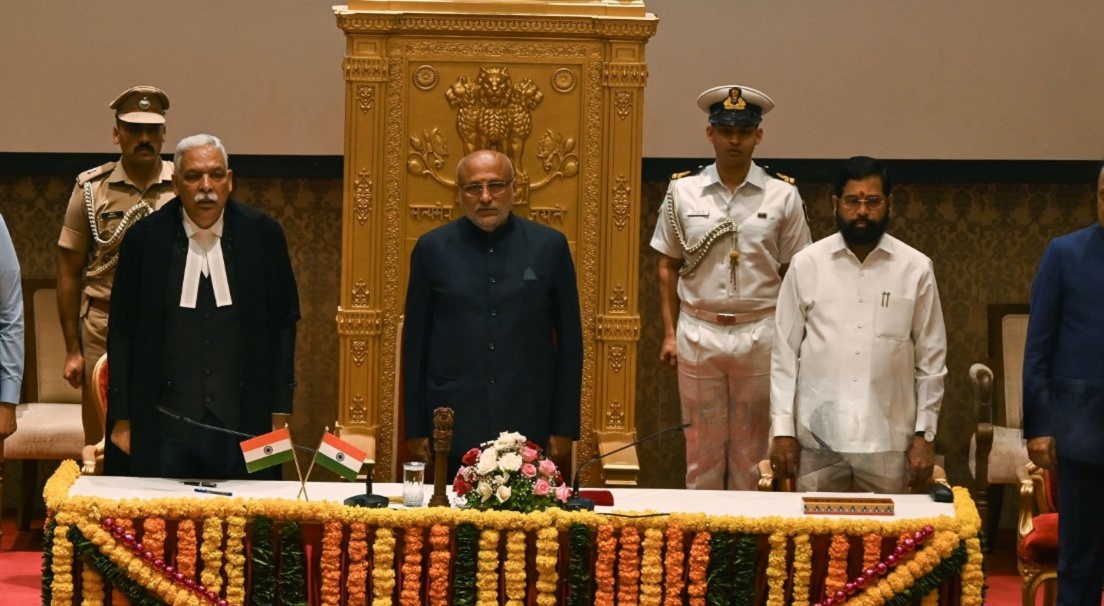Some weeks have witnessed the Air Canada strike turning among the most discussed topics in the global aviation and travel industries. The country’s largest airline, Air Canada, not only connects cities within Canada but also operates international routes linking North America with Asia, Europe, and beyond. While thousands remain stranded, businesses suffer, and the sector faces yet another disruption, the strike has cast a spotlight on concerning issues of labor relations, airline management, and the future of airline travel in a post-pandemic world.
In this article, we will explore the reasons behind the Air Canada strike in-depth, its impact on passengers, the wider economic repercussions, and what future travelers should know.
Why Did the Air Canada Strike Begin?
The witches’ cauldron behind the Air Canada strike is an argument between the airline management and the workers’ unions. Pilots, flight attendants, and ground staff have long raised several issues.
- Pay Scales and Inflation: There is an argument that wages have not kept pace with inflation in Canada. Air Canada has made generous profits over the past few months; However, the workers believe their pay does not match the cost of living or their workload.
- Working Conditions: Such workers cite long hours as well as irregular shifts, and less rest-time-issues that the pandemic exacerbated by way of forcing layoffs and by imposing heavier workloads on those that survived them.
- Job Security: Unions are demanding more job security in view of rapid changes in the global aviation industry due to outsourcing and automation.
- Profit Sharing: Air Canada unions claim that if the business makes money, it should be a case of giving it back to the workers in terms of bonuses or perhaps even profit sharing.
This series of issues finally gave rise to the strike that now threatens to paralyze Air Canada on a massive scale.
Impact on Passengers
For many potential travelers in Canada and abroad, the Air Canada strike has been a headache. Airports in Toronto, Vancouver, and Montreal face major disruptions, with thousands of flights delayed or canceled.
Key Issues for Passengers:
- Cancellation of Flights: Many flights are canceled with little notice, leaving travelers to accept costly rebooking on competing airlines.
- Stranded Travelers: International travelers, especially between Canada, India, the U.S., and Europe, have been stuck in transit hubs for days.
- Fare Hikes: With reduced capacity, competing airlines have raised fares, adding more financial strain on travelers.
- Missed Opportunities: Business travelers and students heading abroad for studies have missed key appointments, academic schedules, and interviews.
Many families who planned holidays for months find the Air Canada strike both financially and emotionally draining.
Economic Consequences of the Air Canada Strike
The Air Canada strike is not merely a travel blip but has major economic fallout.
- Tourism Sector Losses: The tourism sector of Canada is highly dependent on Air Canada’s international routes. Reduced frequencies have hence caused a slowdown in tourists coming into Canada, thus hurting hotels, restaurants, and other local businesses.
- Business Disruptions: There are several Canadian companies depending on Air Canada to ferry employees and essentials cargo. This strike is disrupting supply chains resulting in shipping delays of goods and essentials materials.
- Global Trade: Air Canada Cargo is an important player in shipping goods around the world. The strike has thus blocked some important spokes of global trade, especially for perishables and urgent deliveries.
- Government Pressure: Pressure is mounting on the Canadian Government to intervene as the airline industry brings billions of dollars into the national economy.
In summary, the Air Canada strike will suck hundreds of millions of dollars from the Canadian economy if it is to continue for an extended period.

Government and Union Reactions
As Canadian Airlines continues to strike and air strikes are called, the Canadian government has a more cautious attitude. Officials acknowledge workers’ right to strike but warn of economic fallout; some push for legislation to end it, while others favor mediation.
Unions, conversely, hold their position, citing neglect for years that culminated in this situation. The union is stating that the strike is the only way to get management to take their demands seriously.
How the Strike Affects International Travelers, Especially Indians
Indian travelers are among the most severely affected in the Air Canada strike. Air Canada offers direct flight operations between Toronto and Vancouver on one hand and New Delhi and Mumbai on the other; Students, professionals, and families alike heavily use these busy routes.
- Indian Students: Every year thousands of Indian students fly to Canada for higher education. This strike has disturbed academic schedules, causing a delay in the start dates of semesters.
- Families: With Canada’s large Indian diaspora, many planned reunions and weddings now face last-minute cancellations.
- Businesses: Disrupted passage also harms voyage between India and Canada, mainly in software and pharmaceuticals.
For Indian travelers, the Air Canada strike has caused a ripple effect, with alternate flights through Europe or the Middle East now fully booked.
The Global Perspective
Do not treat the Air Canada strike as an isolated violation of industrial peace. Airlines worldwide face labor strikes as they struggle to balance profits with fair treatment; in recent years, major carriers in the U.S., U.K., and Europe have seen similar disputes over wages, conditions, and job security.
In essence, the aviation industry faces a key challenge: achieving sustainable growth while treating workers fairly.
What Can Passengers Do During the Air Canada Strike?
If the Air Canada strike affects you, here are some tips:
- Flight Status Should be Checked Regularly: Check the Air Canada website and app to track flight schedules.
- Alternatives Might Be Considered: Book flights with other airlines such as WestJet, Lufthansa, Emirates, or United Airlines.
- Request Refunds: If your flight gets canceled, you will be perhaps entitled to a refund or travel credit.
- Travel Insurance: Find out if your travel insurance has coverage for disruptions owing to the strike.
Keep yourself updated on all negotiations between Air Canada and the unions, to structure your plans accordingly. click here
The Future of Air Canada and Its Workforce
The Air Canada strike will shape the future of the airline and its workforce. Fair adjudication between management and unions could enforce a precedent conducive to aeronautical labor relations, whereas coercive legislation or a long strike could only exacerbate tensions and tarnish service quality.
The likes of Air Canada explore to balance shareholder expectations against the interests of their employees. Only a sustainable solution remains the marker for long-term success.
By almost all accounts, the Air Canada strike has proven to be an epoch-making event for the Canadian aviation sector. Beyond the inconvenience to passengers, it (the strike) is raising some serious issues about fairness, sustainability, and the role of airlines in an increasingly globalized economy. For travelers, the disruption is a reminder of how fragile modern transport networks can be; for businesses and policymakers, it is a wake-up call to hold labor relations and passenger rights to equal footing.
In continuation to negotiations, eyes of the world are glued to the newer records. If this strike ends with a compromise or with confrontation, regardless, it would go far beyond Canadian borders with its effect.









